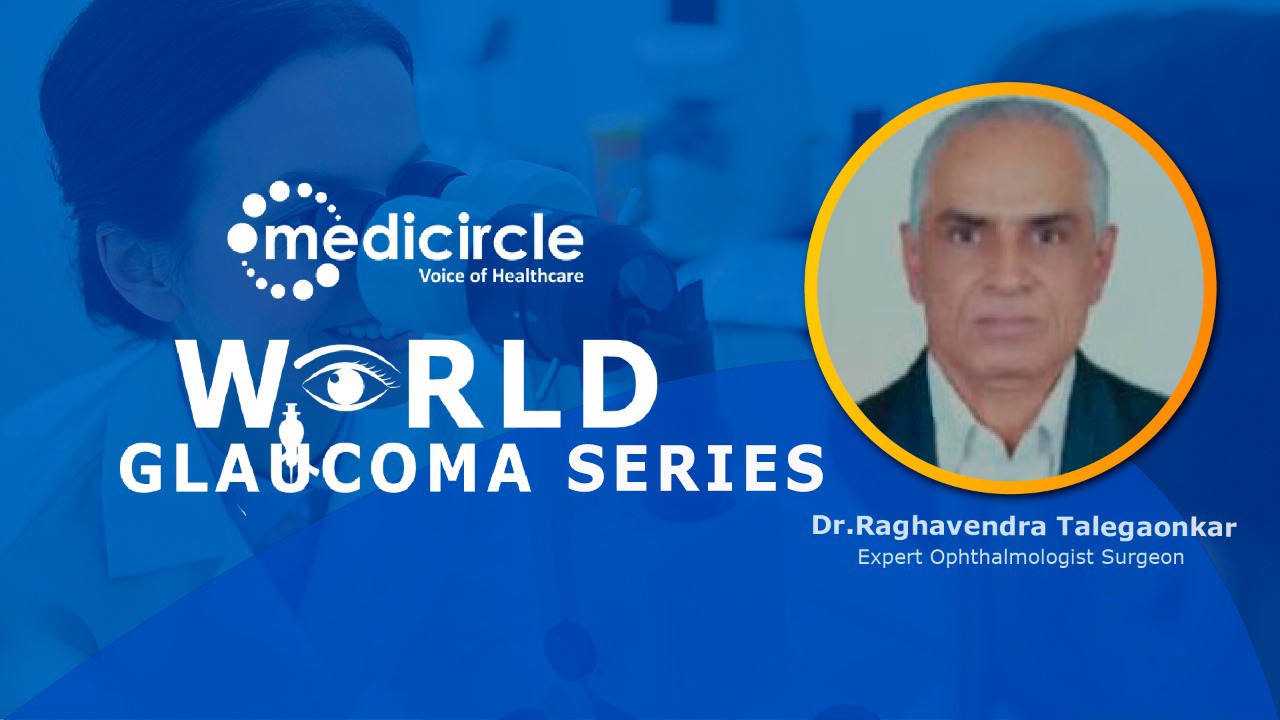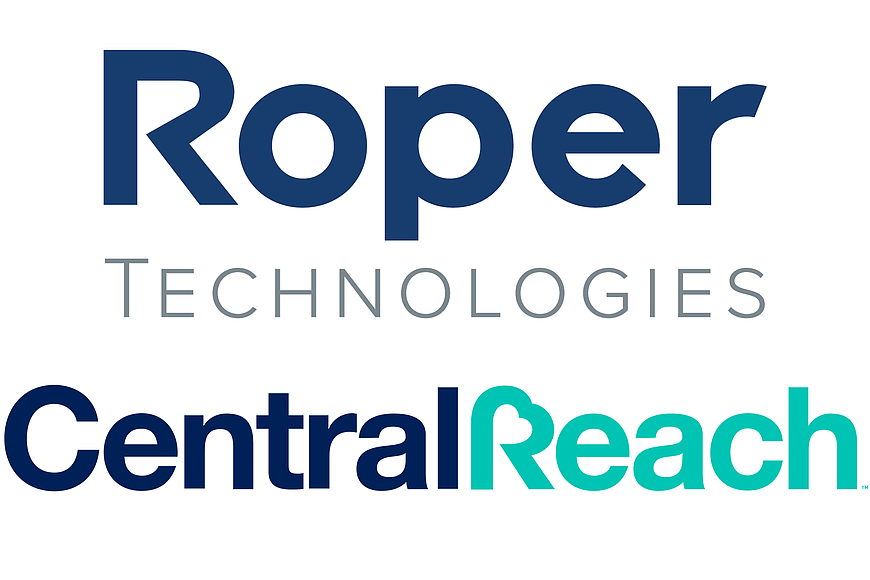The eyes are one of the most important senses. 80% of what we perceive comes through our sense of sight. Loss of vision can make you dependent all your life. As age advances preserving your vision must be of utmost importance. Loss of eyesight is one of the important concerns, especially in old age. Protecting your eyes will help reduce vision loss. A glaucoma is a group of eye conditions that damage the optic nerve, the health of which is vital for good vision. This damage is often caused by abnormal high pressure in your eye. Medicircle is conducting an awareness series on glaucoma featuring eminent ophthalmologists to boost awareness and educate people about eye health.
Dr. Talegaonkar Raghavendra is one of the eminent ophthalmologists. He has many years of expertise in the medical field. As a medical professional he has an in-depth know-how of the time-tested procedures as well as the latest developments in the domain of ophthalmology.
Aging is a Significant Factor of Glaucoma but People of All Ages Can Get Affected
Dr. Raghavendra informs, “Glaucoma is not a disease as such, but it is an asymptomatic condition where there is a rise in intraocular pressure. Aging is a major factor but no age group is immune to it. It can affect people from birth to people in the fifth and sixth decade of their life. The optic nerve gets damaged in this condition and it is very important to take care that intraocular pressure is not high in all age groups, right from birth. So, there should be regular examination to keep a check on it.”
Prevention is Possible
Dr. Raghvendra informs us that we can prevent Glaucoma with an early examination and early detection. “Early detection of glaucoma is very important. Our primary duty should be to have routine examinations considering the intraocular pressure rise. The earlier it gets detected the better it is because advanced stage signifies that we would be able to do very less to prevent the complications.”
Identification of Glaucoma at an Early Stage is Important
Dr. Raghvendra suggests routine examination, pupil dilation test and fundus examination. “Use of ophthalmoscope can point out changes over the optic nerve like blurring etc. on basis of which we can proceed with the investigation further. So, various types of examinations can detect the problem at an early stage and prevent further damage to the optic nerve. If our diagnosis is not proper, our condition is prone to get worse,” says Dr. Raghvendra.
It’s Difficult to Control the Condition Once the Process has Started
Dr. Raghvendra advises beginning an early treatment and good care of the optic nerve because once the intraocular pressure is raised and once the process of Glaucoma has started, the condition is difficult to control.
(Edited by Amrita Priya)

 Dr. Talegaonkar Raghavendra, Ophthalmologist, talks about why prevention is important and how people of all age groups are prone to Glaucoma.
Dr. Talegaonkar Raghavendra, Ophthalmologist, talks about why prevention is important and how people of all age groups are prone to Glaucoma.





.jpeg)





.jpg)







.jpeg)





.jpg)




.png)



